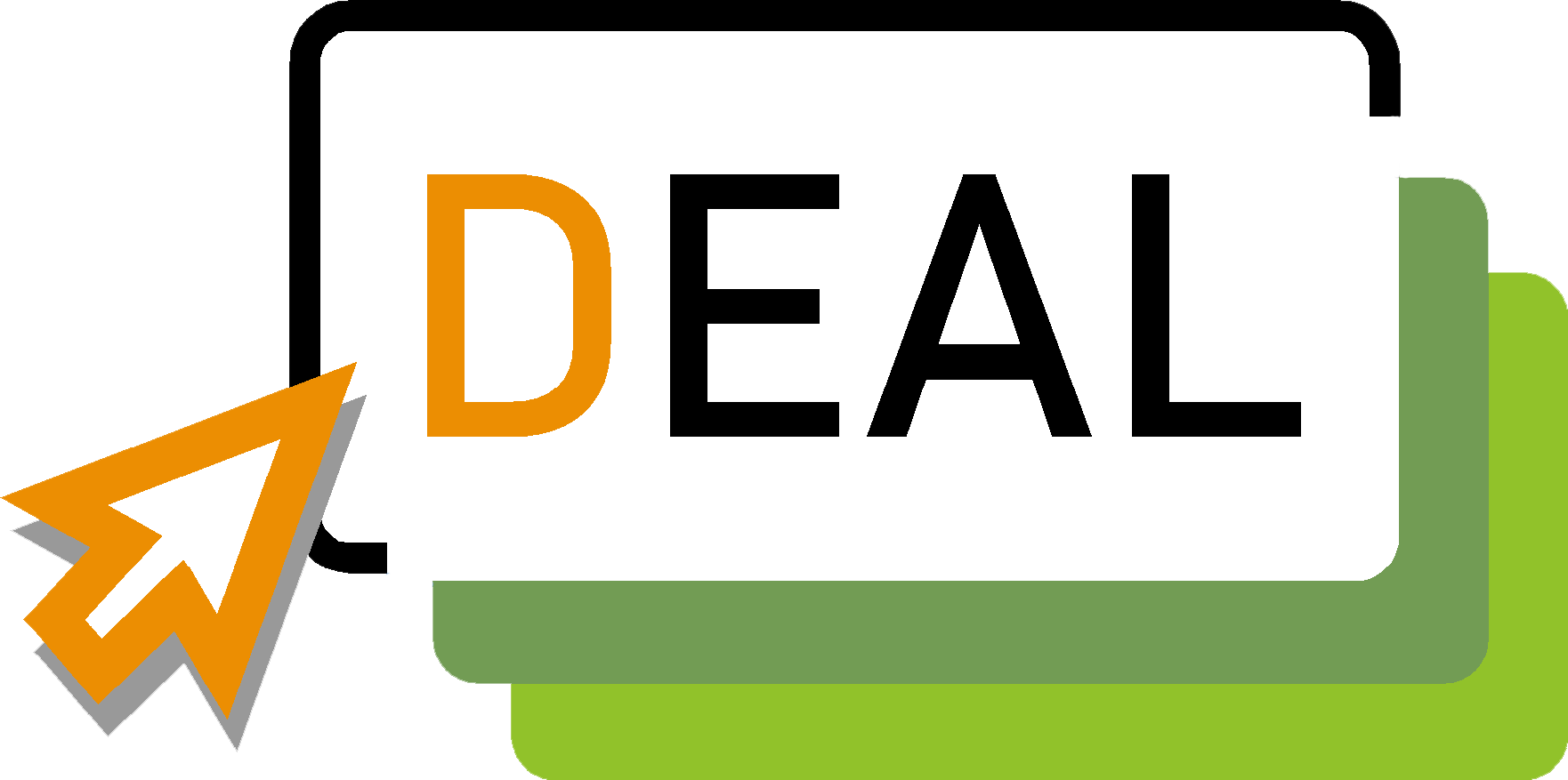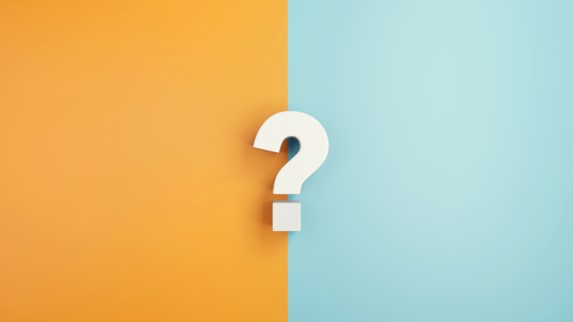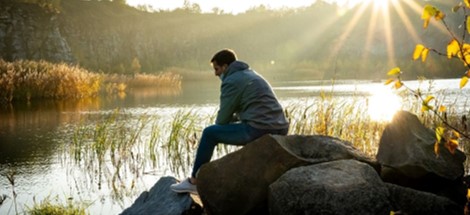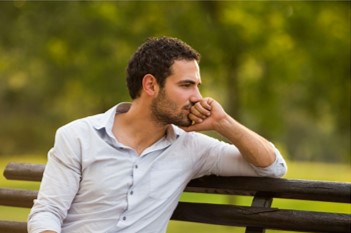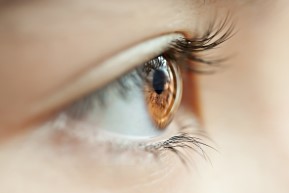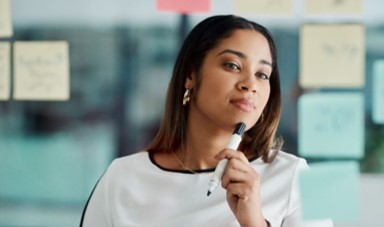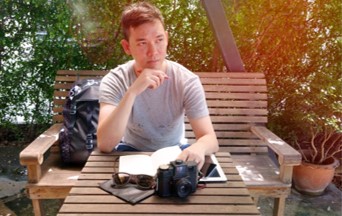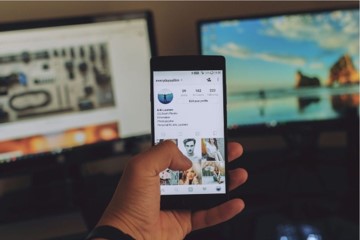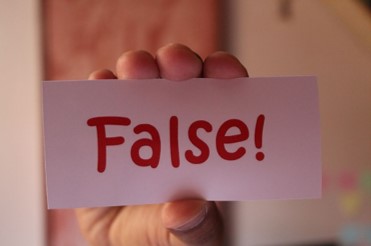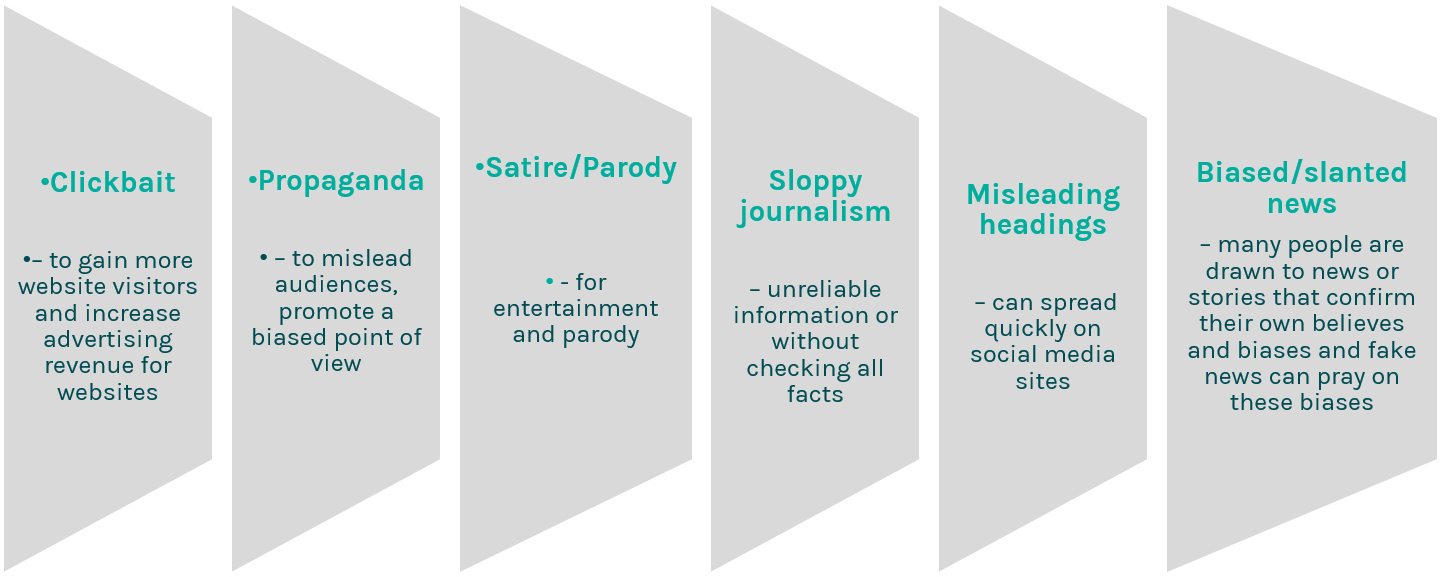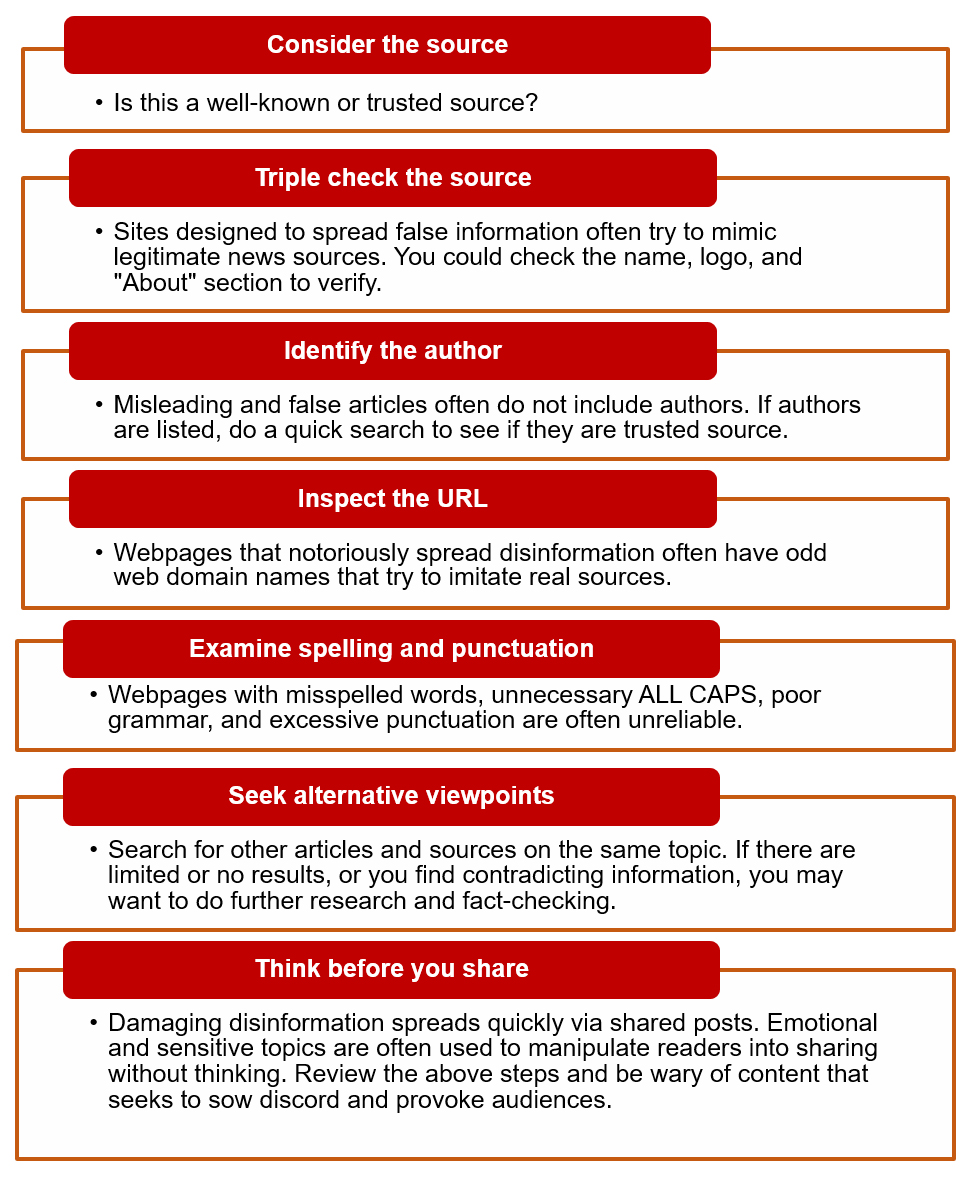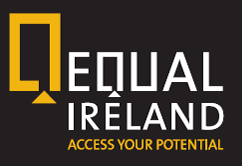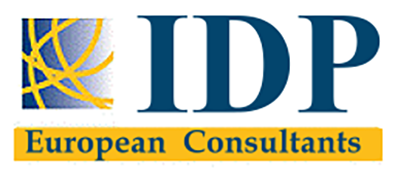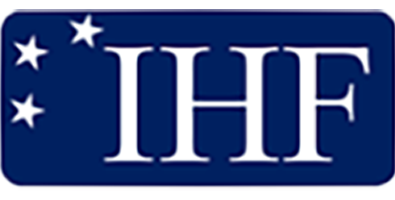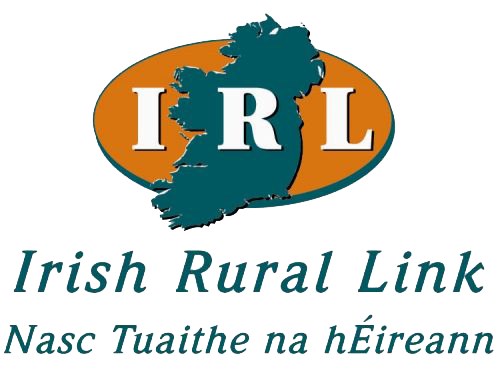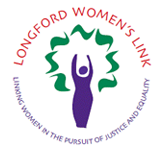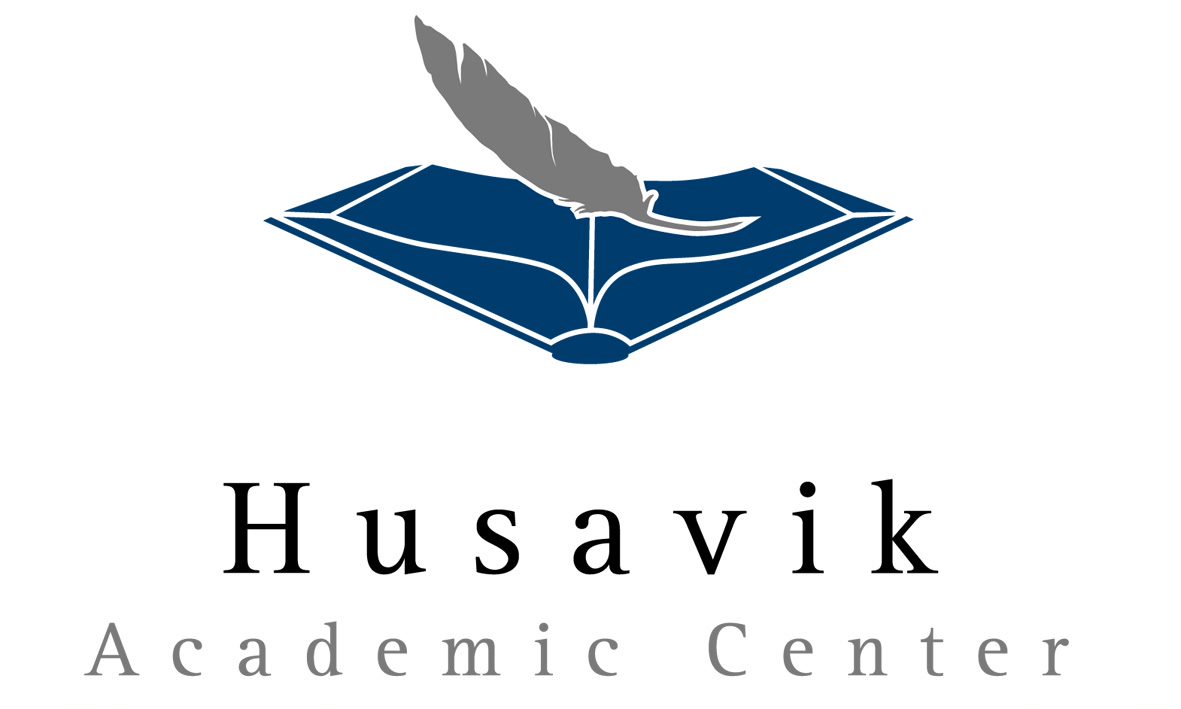Test Yourself! 
Description:
This module, Critial thinking in a digital era, will enable you to think more critically and provide you with key questions to facilitate that process. Furthermore we look into critical thinking skills in a digital era, where information is more often screen and image based.
Keywords
Critical thinking skills, False information, Media literacy
Objectives:
This course is an introductions to the practice of critical thinking skills. It gives examples to examples of critical questions to be used when exercising critical thinking. It is an introduction to media literacy, critical thinking, images, media and online false information.
At the end of this course you will have learnt skills to exercise your critical thinking. You will have a series of questions that will enable you to reflect on your thinking. You will be more aware of false information online and know key steps for digital media literacy.
Practical Tips
- When we use critical thinking we reflect and question our own thought processes
- When we use critical thinking we are open minded and consider alternatives and other points of view
- Useful questions can help, such as: How can we define the problem? What are the reasons? What are the assumptions? How good is the quality of the argument?
- We should be aware on how images affect us and use our critical thinking and take a second look.
- How to spot false information: Take a closer look. Look beyond the headline. Check other sources. Check facts. Check your biases. Is it a joke?
Useful Links
Bibliography
https://hbr.org/2019/05/3-simple-habits-to-improve-your-critical-thinking
https://www.skillsyouneed.com/learn/critical-thinking.html
https://www.cpp.edu/~academic-affairs/programs/Documents/CriticalThinking.pdf
https://www.criticalthinking.org/pages/defining-critical-thinking/766
https://www.ucc.ie/en/media/support/cirtl/CriticalThinking.pdf
https://medium.com/@ameet/5-questions-to-improve-your-critical-thinking-skills-part-1-283cf3d1506c
https://www.teachthought.com/critical-thinking/6-critical-thinking-questions-situation/
https://blog.futurefocusedlearning.net/critical-thinking-questions-teachers
https://www.northumbria.ac.uk/research/case-studies/critical-thinking-in-the-digital-era/
https://www.webwise.ie/teachers/what-is-fake-news/
https://www.dhs.gov/sites/default/files/publications/digital_media_literacy_draft_v5.pdf
https://depts.washington.edu/nwmedia/sections/nw_center/curriculum_docs/teach_combine.pdf
-
Related training material
- Carveon
- Conducting Your Online Enterprise in the Digital World
- Wild Irish Foragers
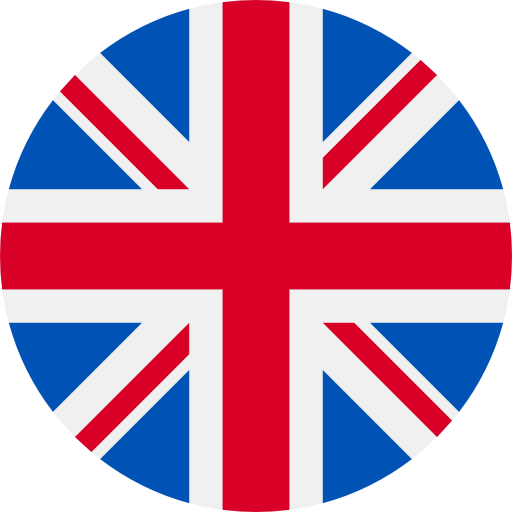 EN
EN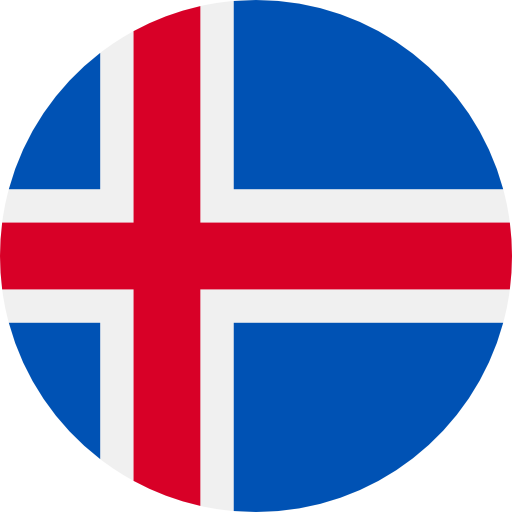 IS
IS IT
IT ES
ES Play Audio
Play Audio 



